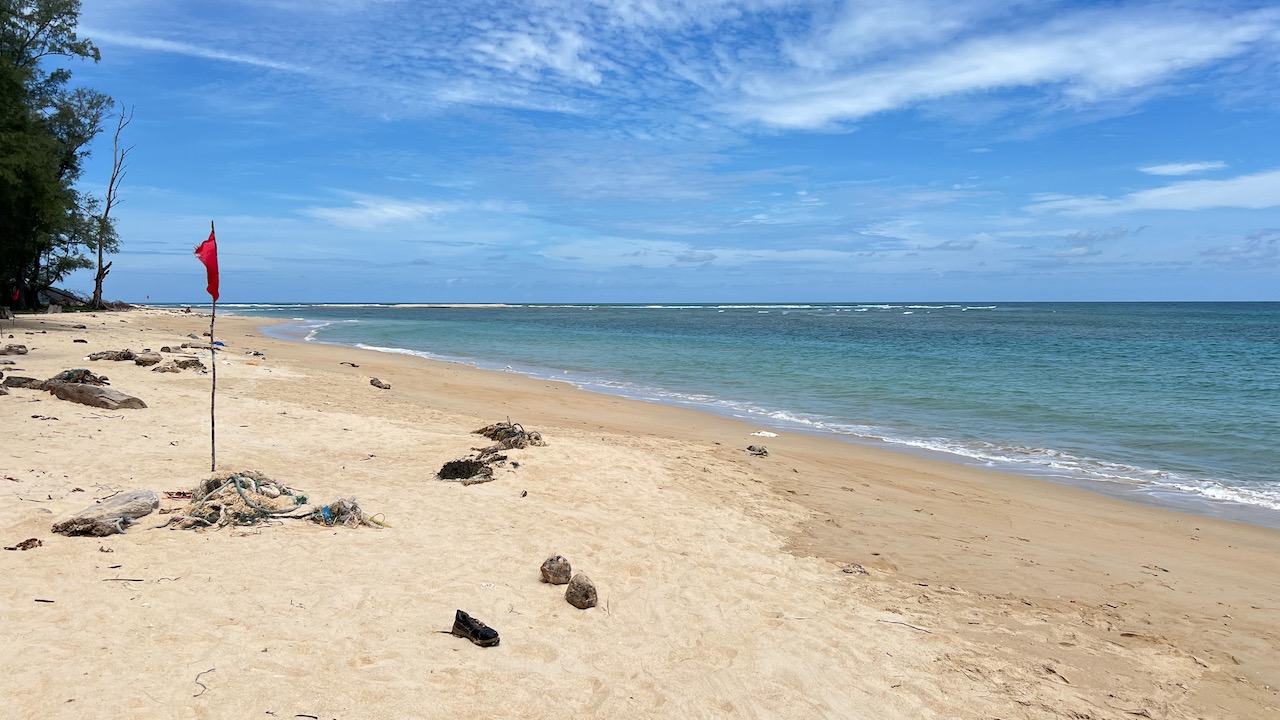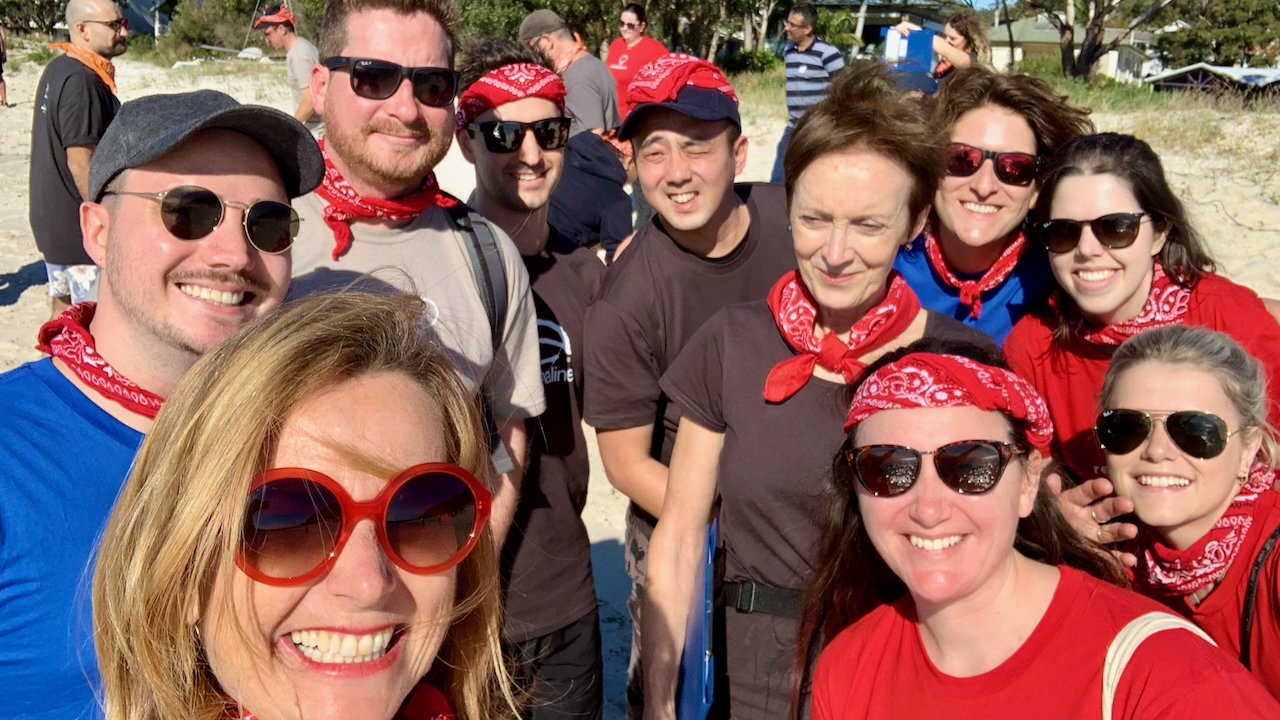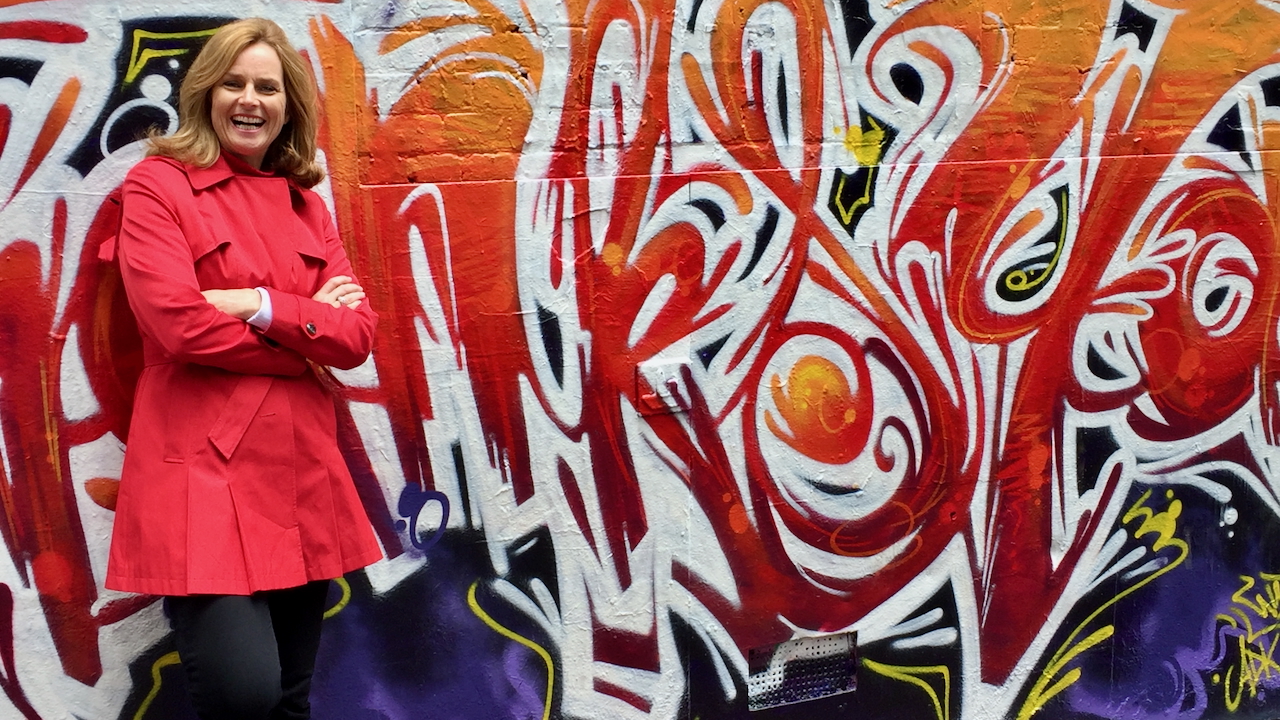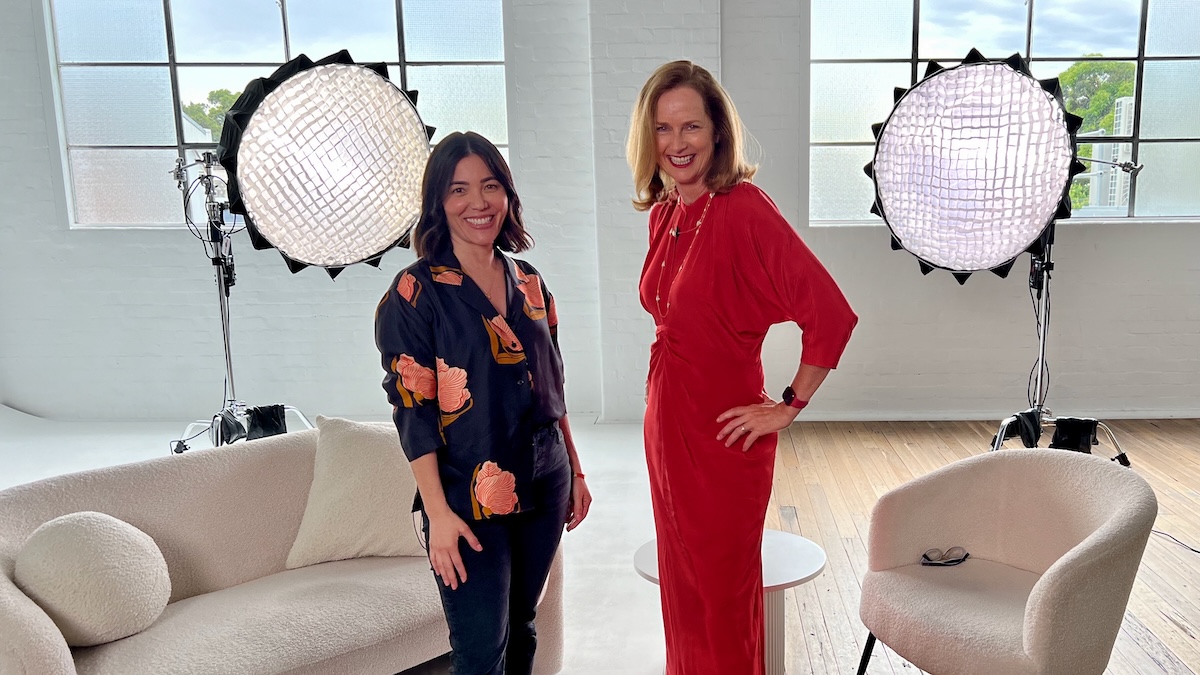Beyond Burnout
I want to talk about the most dangerous and insidious disease in the entire entrepreneurial ecosystem. It’s a silent killer of dreams, a destroyer of creativity, and a thief of joy. It’s not a lack of funding, a flawed business model, or a tough competitor. It's burnout.
I learned the hard way that you cannot run at full tilt indefinitely - as I said recently on my podcast. “Business ownership is a marathon not a sprint.”
And it is an epidemic. We, as founders, have created and glorified a culture that treats burnout not as a disease, but as a prerequisite for success. We wear our 70-hour work weeks as a badge of honour. We see sleep as a weakness to be overcome. We sacrifice our health, our relationships, and our own mental wellbeing on the altar of the hustle, telling ourselves it's a temporary price to pay for the future we are building.
I am here to tell you, as someone who has been to the brink and back, that this is a dangerous and destructive lie.
Burnout is not a necessary ingredient for success. It is the very thing that will prevent you from ever achieving it in a sustainable, meaningful way. A burnt-out founder cannot lead an inspired team. A burnt-out founder cannot innovate. A burnt-out founder cannot make clear, strategic decisions. A burnt-out founder is the single greatest risk to the business they have poured their life into creating.
So today, we are going to have a very candid and practical conversation. We are going to shine a light on this taboo topic. We're going to identify the real symptoms of founder burnout, and I am going to give you my definitive, from-the-trenches playbook on how to prevent it, and how to start the process of recovery if you are already in its grip. This is not about "self-care" platitudes; this is a strategic guide to designing a life and a business that are built to last.
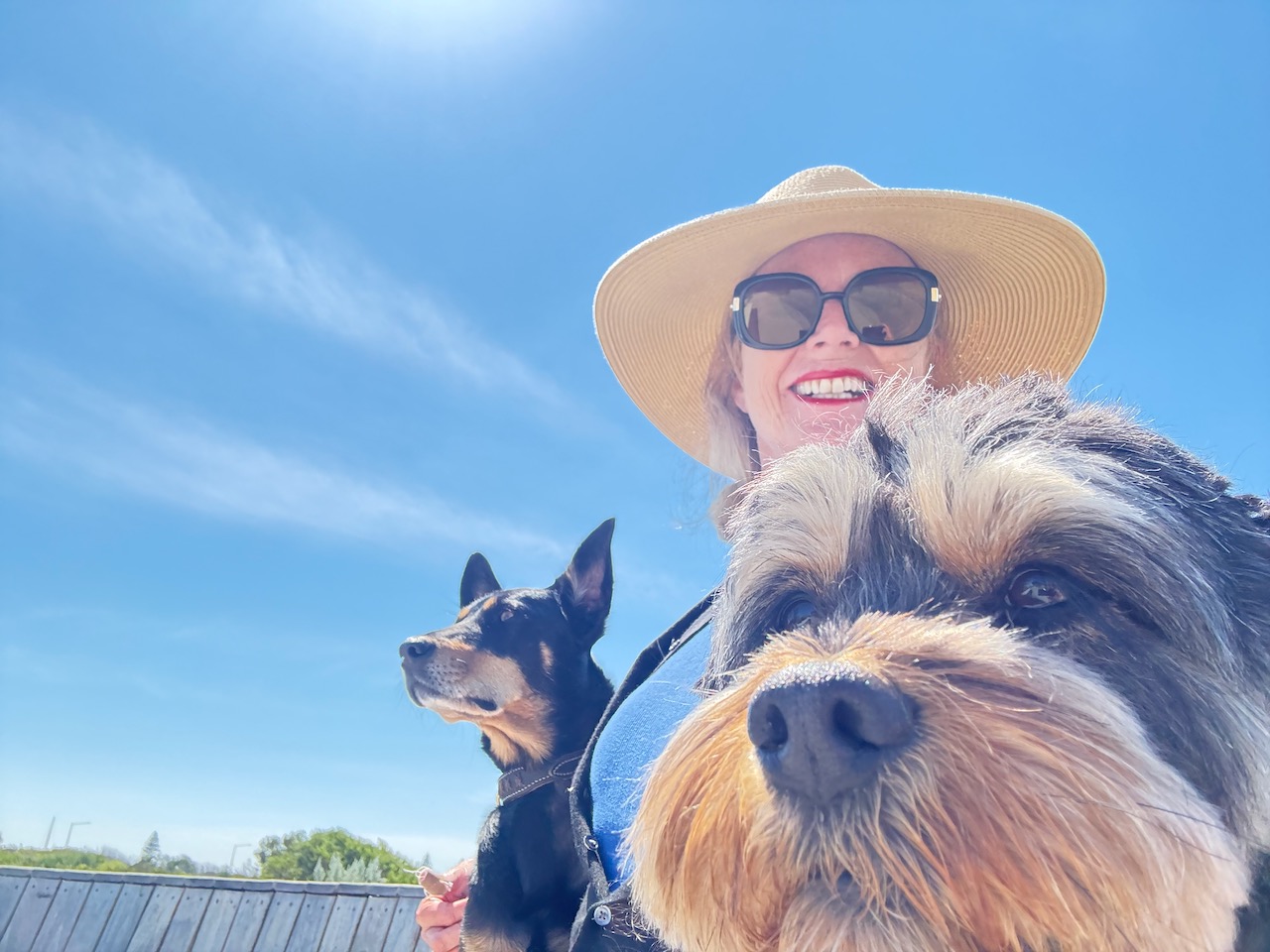
The Diagnosis - Are You Just Tired, or Are You Burning Out?
This is the first and most critical distinction we must make. All founders are tired. Tired is a temporary state that is cured by a good night's sleep or a relaxing weekend. Burnout is a chronic, corrosive state of depletion that sleep alone cannot fix. It is a fundamental rewiring of your entire nervous system.
While the World Health Organisation has a clinical definition, I want to talk about it as it specifically manifests in the unique pressure cooker of a founder's life. Read through this checklist with brutal honesty.
The Founder Burnout Checklist:
- The Loss of Your "Why" (Cynicism and Detachment):
This is the most dangerous symptom of all. You used to be energised by your mission. Now, you feel a deep sense of cynicism and detachment from the work. You find yourself thinking, "What's the point?" The passion that once fuelled you has been replaced by a feeling of dread on a Sunday night. - Exhaustion on a Cellular Level (Emotional, Mental, and Physical Depletion):
This isn't just feeling sleepy. This is a bone-deep exhaustion that a full night's sleep doesn't touch. You might feel emotionally numb, mentally foggy, and physically drained, even with no real exertion. - The "Hyper-Vigilance" Trap (Inability to Switch Off):
You are physically away from your work, but your brain never leaves. You are constantly "on," scanning for threats, thinking about problems, unable to be present with your family or friends. Your mind feels like a browser with 50 tabs open, all at once, and you have lost the ability to close them. - A Decline in Performance (The Law of Diminishing Returns):
You are working more hours than ever, but you are getting less done. Your productivity has plummeted. You find it hard to concentrate, you procrastinate on important tasks, and you struggle to make decisions that used to be easy. - Emotional Volatility (The Short Fuse):
You find yourself getting disproportionately angry or frustrated over small things. You snap at your team or your family. Or, on the other end of the spectrum, you might feel a persistent, low-grade sense of anxiety or even tearfulness that you can't explain. - The Feeling of Being Trapped:
This is a classic founder symptom. Your business has become successful, but you feel like you have built yourself a prison. The idea of taking a real holiday feels impossible. You feel the crushing weight of responsibility for your team's salaries and your customers' expectations, and you see no way out.
If you recognise yourself in three or more of these symptoms, you are likely not just tired. You are on the road to, or have already arrived at, burnout. And the first step is to acknowledge it without judgment.
The Antidote is Design, Not Just Discipline
The common advice for burnout is to "be more disciplined." To "manage your time better." This is like telling someone on a sinking ship to bail water faster with a bucket. It misses the fundamental, structural problem.
You cannot out-discipline a broken model. You must redesign the model. You must consciously and intentionally architect a business and a life that have the principles of sustainability built into their very foundation. This framework is built on four powerful pillars.
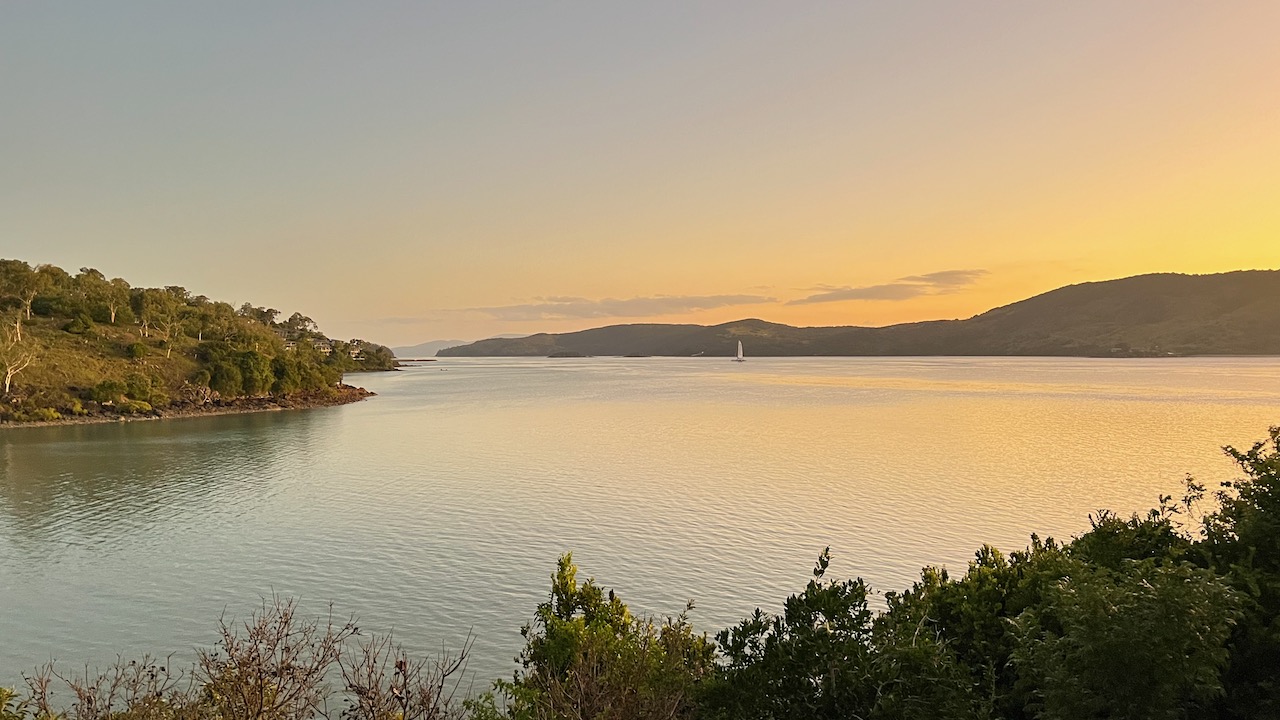
Pillar 1: Manage Your Energy, Not Your Time
This is a philosophy I live by, and it's a topic I’ve explored in its own podcast episode. Time is a finite, democratic resource; we all get the same 24 hours. Energy, however, is a renewable and personal resource. A great leader stops obsessing over cramming more into their day and starts obsessing over the quality of their energy.
- Identify Your Peak Energy Windows: Are you a morning person or a night owl? Schedule your most important, high-cognition "deep work" (like strategy and creative problem-solving) for your peak energy times. Schedule the low-value administrative tasks for your energy troughs.
- Know Your Energizers and Drainers: What activities and which people give you energy? And which ones suck the life out of you? You must ruthlessly protect your calendar from energy-draining activities and people. This means learning the powerful art of saying "no."
Pillar 2: The Strategic Art of Letting Go (Delegation as Freedom)
The founder is the biggest bottleneck in almost every scaling business. Your goal is not to be the person who does everything, but the person who builds a system that does everything.
- Hire Your Weaknesses: As a founder, you must have the self-awareness to know what you are truly brilliant at—your "zone of genius"—and what you are not. Your first and most important hires should be people who are brilliant at the very things that drain your energy and that you are not good at.
- Delegate Outcomes, Not Tasks: Do not be a micromanager. Give your team a clear goal, give them the resources they need to achieve it, and then trust them to get it done. The freedom that comes from knowing you have a team of trusted, capable people owning their roles is the greatest antidote to the feeling of being trapped.
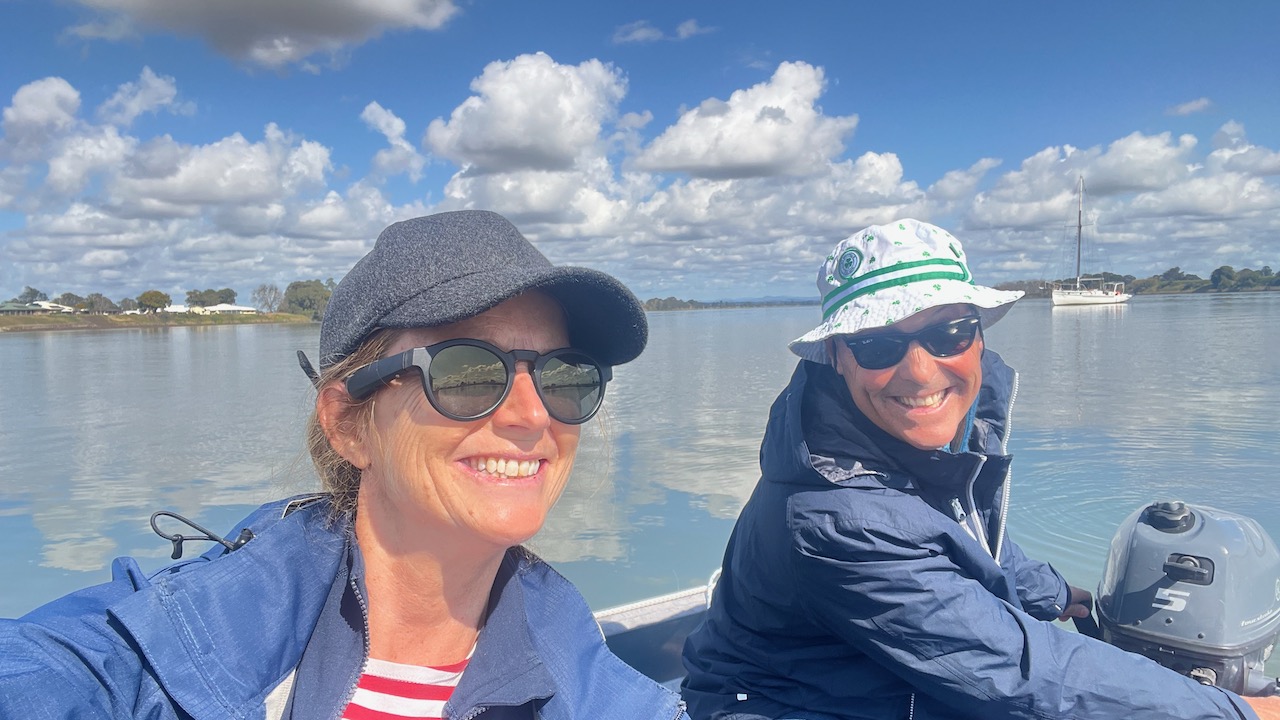
Pillar 3: Build Your "Personal Board of Directors"
The founder's journey is profoundly lonely. You cannot carry the emotional weight of it all by yourself. It is not a sign of weakness to need support; it is a sign of wisdom. You must intentionally build a support network.
- A Mentor: Someone who is a few steps ahead of you on the journey and can offer perspective.
- A Peer Group: A confidential group of other founders at a similar stage. They are the only people who truly understand what you are going through.
- A Coach or Therapist: A professional, objective third party who can help you see your own blind spots and give you the tools to manage your own psychology.
- Your Real Friends and Family: The people who love you for you, not for your business success. You must schedule and protect time for these relationships as if they were the most important meeting in your calendar—because they are.
Pillar 4: Schedule Your Recovery First (The Un-Cancelable Appointment)
This is the most practical and most powerful change you can make. We tend to treat rest, holidays, and experiences as a reward we will give ourselves after the work is done. But the work is never done.
You must flip the equation. You must see recovery not as a reward, but as a non-negotiable part of your high-performance strategy.
- The Annual Theme: At the start of each year, I choose a theme for my life. One year it was "Courage." Another, "Listen." This year it might be "Adventure." This theme becomes my compass.
- Block it Out First: At the start of the year, before my work calendar fills up, I sit down with my husband and we block out our holidays, our weekend getaways, our important family events. These become the un-cancellable, foundational rocks around which all the "pebbles" of work must flow.
- The Power of Experiences: Experiences are the ultimate circuit-breaker. They force you out of your routine, they create new neural pathways, and they build lasting memories that are the true currency of a rich life. Whether it's a weekend camping trip or a hot air balloon ride at dawn, these moments of awe and connection are what refill your well of energy. I built RedBalloon on this very principle.
The First-Aid Kit - What to Do When You're Already in the Red Zone
What if you are reading this and you know you are already deep in burnout? The playbook above is the long-term prevention strategy, but you need first aid right now.
- Triage Your Commitments (The "Stop Doing" List): You cannot recover if you keep running at the same pace. Get a piece of paper and create a "stop doing" list. What projects, committees, or obligations can you immediately cut, delegate, or postpone for the next 90 days? Be ruthless. This is about survival.
- Book a Real Break, Now: I'm not talking about a long weekend where you're still checking your email. I mean a complete and total disconnect. Book at least one full week off within the next 30 days. Hand over the reins to your second-in-command. Remove your work email from your phone. It will feel impossible, but it is the most important thing you can do for the long-term health of your business. The business will survive for a week without you. It will not survive if you collapse.
- Seek Professional Help: There is immense courage in asking for help. Speak to your GP. Find a good psychologist or coach. Talking to an objective professional who is trained to help you navigate this is a powerful and necessary step.

Your Wellbeing is Your Greatest Competitive Advantage
Let's dismantle the toxic myth of the hustle culture. Let's stop celebrating burnout as a proxy for commitment. Let me reiterate a great business is not a sprint; it is a marathon. And no one wins a marathon by sprinting the first 10 kilometres and collapsing in a heap.
Your health, your energy, and your mental clarity are not just personal issues; they are the most critical strategic assets your business possesses. Your commitment to your own wellbeing is not selfish; it is the ultimate act of leadership and the most profound investment you can make in the sustainable success of the company you love.
It is time to move from a culture of burnout to a culture of sustainable performance. It is time to design a business that nurtures you back.
What is one thing you will do this week to move yourself from a state of chaos to one of calm? Will you create a "stop doing" list? Will you book a day off? Will you finally reach out to a mentor?
Frequently Asked Questions (FAQs) on Sustainable Success and Wellbeing
What is "sustainable success"?
Sustainable success is the achievement of long-term personal and professional goals in a way that nurtures, rather than depletes, your personal wellbeing. It rejects the "hustle culture" myth that burnout is a necessary price for achievement and instead focuses on building a career and life that are both ambitious and deeply fulfilling over the long run.
Why is personal wellbeing a non-negotiable for achieving long-term success?
Personal wellbeing is the very foundation upon which long-term success is built. When you are mentally, emotionally, and physically healthy, you have more energy, greater resilience to handle setbacks, and a clearer mind for creative problem-solving. Neglecting wellbeing leads to burnout, which inevitably destroys the very capacity needed to succeed.
How does the concept of sustainable success challenge traditional business thinking?
It directly challenges the traditional, short-sighted view that success and wellbeing are mutually exclusive. The old model glorified exhaustion as a badge of honor. Sustainable success presents a more modern and effective paradigm: that true, lasting high performance is a direct result of prioritizing and protecting your mental and physical health.
What are some practical steps to pursue success more sustainably?
Practical steps include scheduling non-negotiable "recovery" time into your calendar, setting firm boundaries to protect your personal life, and practicing mindfulness to manage stress. It also means redefining your relationship with rest—seeing it not as a sign of weakness, but as a critical and strategic component of peak performance.
What is a leader's responsibility in fostering a culture of sustainable success?
Leaders are primarily responsible for creating a culture where sustainable success is possible. This involves actively modeling healthy work-life boundaries, celebrating outcomes rather than just long hours, and creating a psychologically safe environment where team members feel supported to prioritize their wellbeing without fear of penalty.


